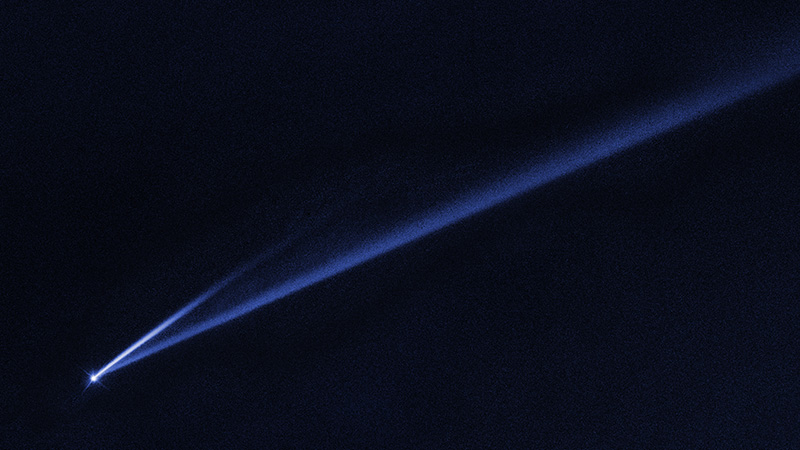Science on display at UNSW Canberra - National Science Week
This week Australia celebrates National Science Week, the nation’s annual celebration of science and technology. At UNSW Canberra, we’re celebrating the amazing science that takes place on campus every day.



